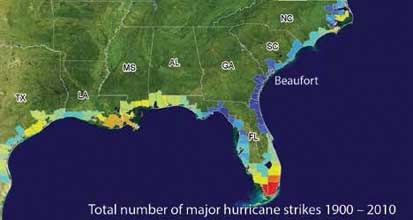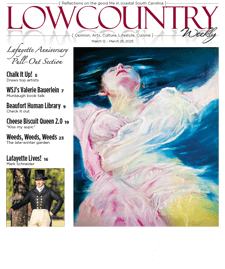Part One: The Huge Opportunity
A year ago, South Carolina realized that it has a huge homeowner’s insurance problem. You and I become alarmed when we see Washington scandals surface, and we are troubled by more than just the problem. We ask ourselves, “Why don’t they just tell us the truth? Why are we hearing half-truths or nothing at all. Where is the transparency?” Our South Carolina homeowner’s insurance crisis has all the ingredients of Washington’s IRS scandal.
Part of the problem was state leaders telling half-truths and reports that said nothing. That’s the bad news. The good news is that some positive changes are coming. Senators Tom Davis and Vincent Sheheen will introduce legislation this year that should place more regulatory attention on our insurance costs. But real, noticeable change, will only happen when we elect state leaders who have the character and intellectual curiosity to see a big problem as a big opportunity.
There is not a businessman or woman in this country who hasn’t been hit by a huge, unexpected problem at some point, then been challenged to find its inherent opportunity. Let me give you an example. In Virginia, tobacco farmers are selling less and less tobacco. Their income is plummeting. However, with assistance from the state’s agriculture department, they believe that soil can easily grow berries . . . blueberries and raspberries. And it’s believed that the farmers will earn substantially more per acre. Arriving at this solution takes what we call “intellectual curiosity.” Others call it common sense problem solving. The problem is that some organizations rarely engage in it.
Let’s apply this “intellectual curiosity” to what we know about the hurricane risk along our coast. We know that our hurricane risk is “relatively low.” That’s not a guess or a loose statement. We have done the research. But what is the opportunity behind this new knowledge that the Charleston to Jacksonville coastline has the best fall weather on the east coast? The answer is TOURISM. Tourism is South Carolina’s most important source of revenue. It’s the biggest economic generator in the state. In 2011 the state generated $16 billion in economic impact from tourism. Because of tourism, you and I pay $700 less in taxes each year.
Yes, we have the best fall weather on the southeast coast. The problem is that not many tourists know this. Beaufort County tourism drops off 70% from summer to fall.
Charleston tourism drops off only 34%. Our infrastructure is engineered to serve the higher summer traffic. In short, I believe that between Charleston and Beaufort Counties, we are losing about one billion dollars in revenue every two years. Much of this loss comes from Hilton Head, which has a steep drop off in fall tourism. In my opinion, Hilton Head has as strong an attractiveness in the fall as it does in the summer. From what I can see, there should not be any decline. By the way, if we can add 500 million dollars each year in tourism revenue, we will have bought ourselves an insurance policy for income stabilization. In fact, we will add approximately 5,500 new jobs.
But, we have some serious homework in front of us. We need to know that we have the tourism assets that can generate an additional 500 million dollars in revenue. In other words, do we have the “attractions” that can draw noticeably more fall tourists? And what level of investment will we need to make? In my next few articles, I will answer those questions. I will share with you the work that Stu Rodman and I have done (using a team of advisors) to create a fall tourism plan for our coastal region. I will share with you what we believe should be our priority tourism product. And along the way, Stu and I will probably shock you. Sherlock Holmes will resurface. One idea will lead to another.
There will be a number of difficult hurdles we will have to cross. But I can say with confidence: I don’t see any problem that we cannot solve . . . and you will have a renewed confidence in the economic future of our county and region.
Daryl Ferguson was the president of Citizens Utilities, the nation’s largest multi-utility, from 1990-2000. He was chairman of the board for Europe’s Hungarian Telephone Company from 2000-2005. He received his doctorate in 1971. He holds two patents. His research on our relatively low coastal risk for hurricanes and our lack of state insurance regulation led the Charleston Post and Courier to write an investigative series called “Storm of Money.” This series, and reporter Tony Bartelme, were named the runner up for the 2012 Pulitzer Prize. Mr. Ferguson and Stuart Rodman give all the credit for the research in this series to Dr. Chester DePratter, Dr. Larry Rowland, Dr. Paul Hoffman, Dr. Eugene Lyon, and Dr. Karen Paar.









